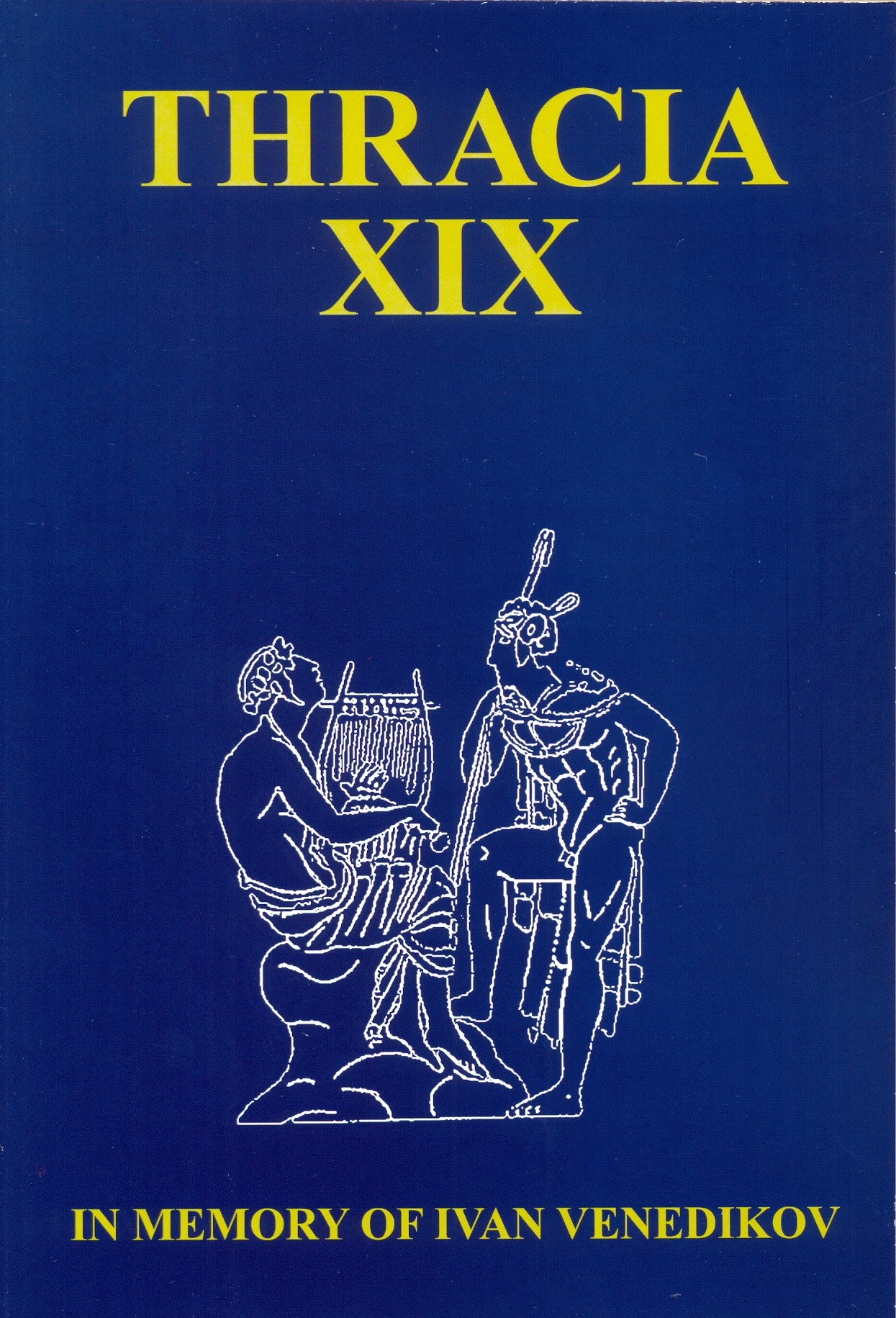Вуиновое перо Девы-юнака
Vuina-Feather of the Maiden-Hero
Author(s): Yosif MorozSubject(s): History, Cultural history, Comparative history, Ethnohistory, Local History / Microhistory, Oral history, Ancient World, Middle Ages
Published by: Институт за балканистика с Център по тракология - Българска академия на науките
Summary/Abstract: The paper examines the folklore motif in the epic tradition of the Southern Slavs concerning the maiden-hero and her arrows with feathers, who put Krali Marko and his confreres to the test. The author explains the meaning of vuina as juniper and spruce for the Bulgarians, and as fir in the Russian language, and recalls the semantic closeness between cedar and cypress – the trees symbolising Artemis and Aphrodite, being associated later with the Virgin Mary. The role of the maiden-hero, who is often depicted dancing and the feather is seen not only on her arrows, but also as a part of her garments – above all as head-dress – was associated with the idea of fertility and with the archetypal image of the Great Goddess. The colour of the feathers and their number appears to be of essential importance to the magic power of the arrow that the maiden-hero (samovila) shoots against the hero, while – on the other hand – the hero manages to kill the maiden (samovila) precisely with such an arrow. The feather motif is known in another semantic order as well: the hero’s fight against a mythological dragon-monster, in which he is victorious owing to a feather from the mythical bird Noah (known among the different peoples as Nog, Nogot, Nagar-tur, Nogarshin, Cher-nogot, Cher-nagar, Astratir, Ostrafil, etc.). The different notions about that mythical bird are united by common iconographic features: huge size, radiance, living at the end of the world in a cave, or on top of cliffs, or on a sacred tree. In conclusion, the author stresses that the diversity of feathers in folklore is connected with their magic properties, whereby the emphasis changes depending on their function and origin (from vuina, from a bird or from a mythological creature.
Journal: Thracia
- Issue Year: 2011
- Issue No: 19
- Page Range: 257-266
- Page Count: 10
- Language: Russian
- Content File-PDF

